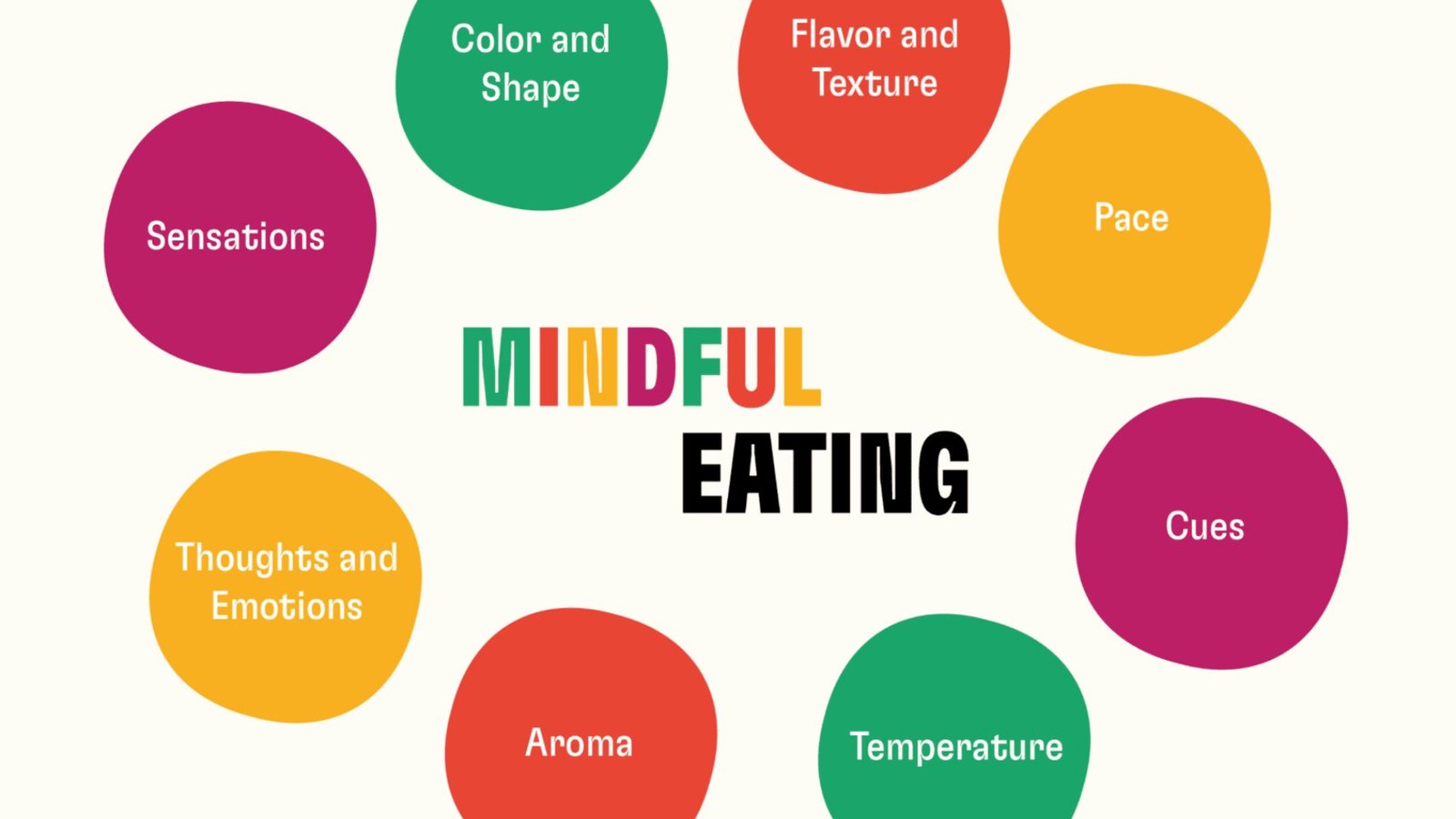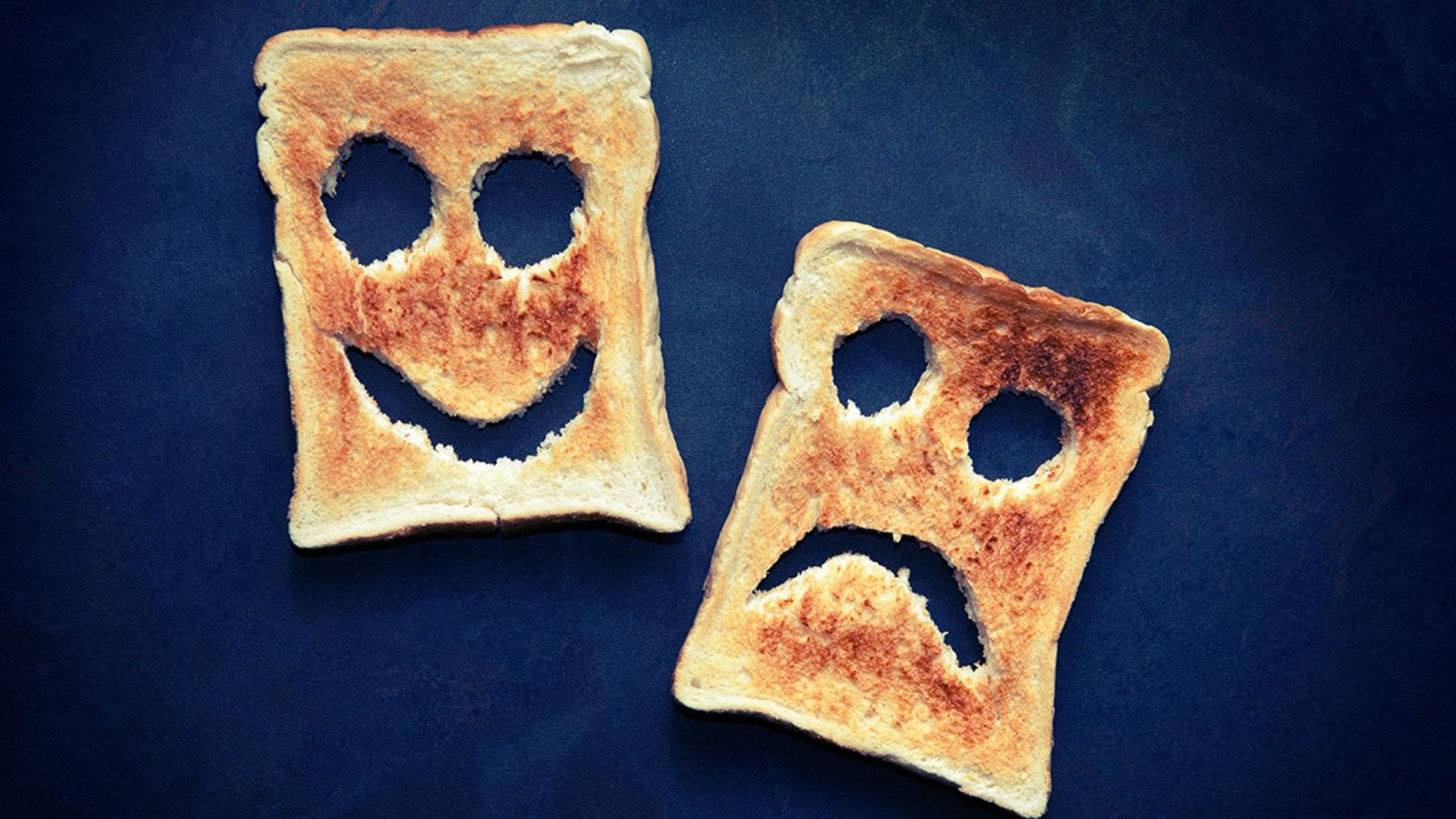Plant-based diets have gained popularity for their health benefits, particularly for weight loss. By focusing on whole foods derived from plants, these diets not only promote weight loss but also contribute to overall well-being. In this guide, we will explore how a plant-based diet can aid in weight loss, the foods to include, and tips for success.

Understanding Plant-Based Diets
First and foremost, it’s essential to understand what a plant-based diet entails. This type of diet emphasizes foods primarily from plants, including vegetables, fruits, nuts, seeds, oils, whole grains, legumes, and beans. While some people may choose to eliminate all animal products, others may include them in smaller quantities. The key is to focus on plant-derived foods as the core of your diet.
How Plant-Based Diets Aid in Weight Loss
Moreover, plant-based diets can be highly effective for weight loss due to their emphasis on low-calorie, high-nutrient foods. Vegetables and fruits, which are central to these diets, are naturally low in calories and high in fiber. This combination helps you feel full and satisfied, reducing the likelihood of overeating. Additionally, plant-based diets often lead to a lower intake of unhealthy fats and sugars, further aiding in weight loss.
Adopting a plant-based diet can transform your weight loss journey, offering sustainable results and improved health. Many find that focusing on whole foods increases energy levels significantly.
For those seeking variety, exploring new recipes keeps meals exciting and nutritious. Remember, balance is key—just like finding the right Jokaviproom Room for your entertainment needs.
Staying consistent with healthy eating habits ensures long-term success.
Incorporate regular physical activity to complement your dietary changes. Always consult with a nutritionist to personalize your plant-based plan. Embrace this lifestyle for lasting wellness and vitality.
Foods to Include in a Plant-Based Diet
Furthermore, knowing which foods to include is crucial for success. Focus on a variety of colorful vegetables, fruits, whole grains, legumes, nuts, and seeds. These foods provide essential nutrients while keeping calorie intake in check. Incorporate leafy greens like spinach and kale, as well as fiber-rich legumes like lentils and beans. Whole grains such as quinoa and brown rice offer sustained energy and are excellent for keeping you full.
The Role of Fiber in Weight Loss
Additionally, fiber plays a significant role in the weight loss benefits of a plant-based diet. High-fiber foods take longer to digest, helping you stay full for longer periods. This not only reduces the temptation to snack between meals but also helps regulate blood sugar levels. Incorporating fiber-rich foods like oats, fruits, vegetables, and legumes into your meals can help you achieve your weight loss goals more effectively.
Avoiding Common Pitfalls
However, it’s important to avoid common pitfalls when following a plant-based diet. One common mistake is relying on processed plant-based foods, which can be high in calories, sugar, and unhealthy fats. Instead, focus on whole, unprocessed foods to maximize the health benefits and support weight loss. Additionally, ensure that you’re consuming enough protein and other essential nutrients by including a variety of plant-based protein sources such as beans, lentils, and tofu.
Planning Balanced Meals
Moreover, planning balanced meals is key to a successful plant-based eating. Aim to include a source of protein, a whole grain, and a variety of vegetables in each meal. This ensures that you’re getting a well-rounded mix of nutrients, keeping you satisfied and energized throughout the day. Meal planning can also help you avoid unhealthy food choices when you’re short on time.
The Benefits of Cooking at Home
Furthermore, cooking at home allows you to have full control over what goes into your meals. This can be particularly beneficial when trying to lose weight, as you can avoid the added sugars, fats, and sodium often found in restaurant or pre-packaged foods. Experiment with new plant-based recipes and cooking techniques to keep your meals exciting and flavorful.
Incorporating Physical Activity
In addition to following a plant-based diet, incorporating regular physical activity can enhance your weight loss efforts. Exercise not only helps burn calories but also boosts your metabolism and improves overall health. Aim for a mix of cardiovascular exercise, strength training, and flexibility exercises to create a well-rounded fitness routine that supports your weight loss goals.
Staying Hydrated
Moreover, staying hydrated is a crucial part of any weight loss plan, including a plant-based diet. Water helps regulate your body’s natural processes and can prevent overeating by helping you feel full. Drinking water before meals can also reduce the amount of food you consume. Aim to drink plenty of water throughout the day, and include water-rich fruits and vegetables like cucumbers and watermelon in your diet.
Conclusion
In conclusion, a plant-based diet offers a sustainable and effective approach to weight loss. By focusing on whole, nutrient-dense foods, incorporating regular physical activity, and avoiding processed options, you can achieve your weight loss goals while improving your overall health. Remember to plan balanced meals, stay hydrated, and enjoy the journey toward a healthier, plant-based lifestyle.




